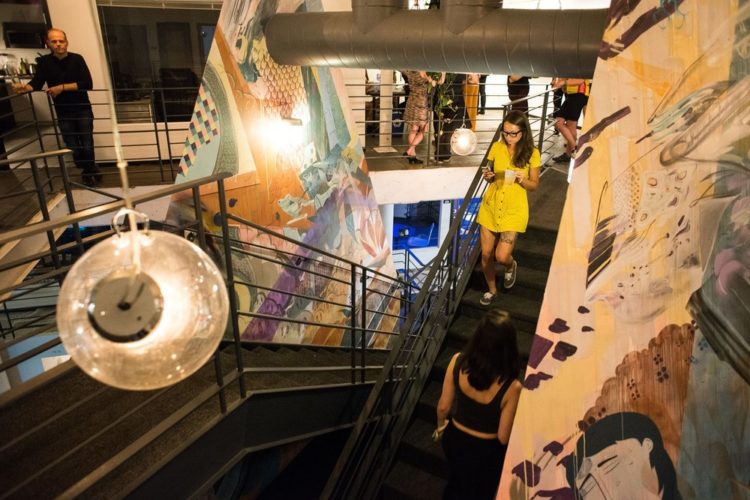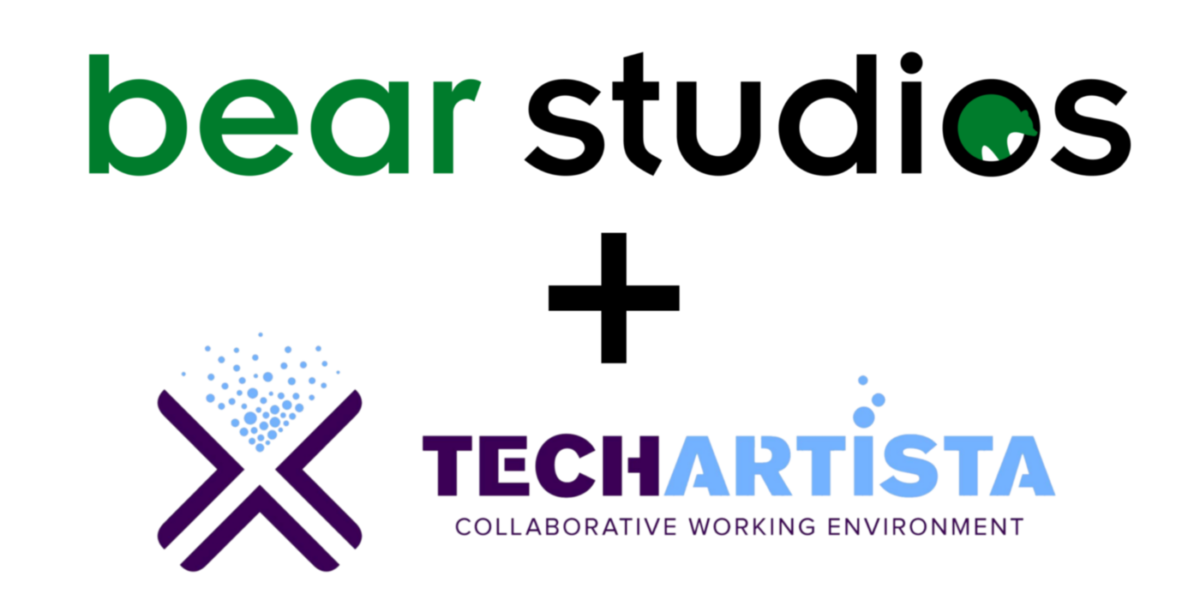Students in the CELect Entrepreneurship Course, held at the T-REx startup accelerator, are sharing their team projects with the Olin Blog. Student team Andrew Smith, Daniel Kalvaitis, Jeffrey Lantz, and Trent Pavic describe the experience of consulting for their client, Segue Partners.
Every semester, a few undergraduate and graduate students are chosen to participate in the Center for Experiential Learning’s Entrepreneurial Consulting Team (CELect) program. Participants are paired with St. Louis-area startups and tasked with solving a critical business problem.
Our team was selected for this program, and though we’re only a few weeks in, the journey so far has been intense.
WashU’s esteemed entrepreneurship professors prepared us with an intensive, full-day class. After that, it was our responsibility to meet with our client, determine the scope, plan how to meet deadlines, and deliver the most value possible. Professors provided guidance on aligning the team’s work with the client’s vision. But as with a real startup, we are the ones that need to make everything happen.
The following week, our team met with our client’s founder and core team members to discuss their objectives. Our client, Segue Partners, specializes in tackling the unique accounting and financial consulting needs of private funds and venture capital portfolio companies.
After an intense two-hour meeting, our team was tasked with sizing the market and planning next steps for a concept aimed at providing an innovative solution to back-end accounting services for startups and small businesses in the St. Louis area.
An integral aspect of such a project is to understand the market that exists and the needs of potential customers. To get us started, our team was given some initial contacts to interview. This will come as no surprise to those of us familiar with the St. Louis area, but everyone was incredibly welcoming. One contact often led to another…and another…and another.
In fact, the St. Louis entrepreneurial community is so welcoming that even after several dozen interview requests, not a single person has declined to speak with us. Not one.
Several weeks in and nearly a hundred interviews later, we’re starting to get a clear picture of the needs of potential clients. In addition to interviews, our team is studying competitors, modeling assumptions, aggregating data into actionable insights, and formulating a strategy for the potential launch. Leveraging other lessons that we’ve learned in classes at WashU, we’re almost ready to determine final recommendations.
This has been a tremendously rewarding experience for each member of the team. We’re grateful to the CELect program and WashU for giving us the opportunity to engage with the fascinating world of startups in the area, and for allowing us to give back to the St. Louis community.
Guest bloggers: Andrew Smith, BSBA ’18; Daniel Kalvaitis, BSBA ’18; Jeffrey Lantz, MBA ’18; and Trent Pavic, PMBA’18.








 Bear Studios and TechArtista both seek to provide assistance and support to the local start-up community through different approaches and operations. The partnership provides TechArtista members with undergraduate talent and resources to aid in their operational development, while Bear Studios fellows gain real-world working experience and expertise from entrepreneurs on the ground.
Bear Studios and TechArtista both seek to provide assistance and support to the local start-up community through different approaches and operations. The partnership provides TechArtista members with undergraduate talent and resources to aid in their operational development, while Bear Studios fellows gain real-world working experience and expertise from entrepreneurs on the ground.